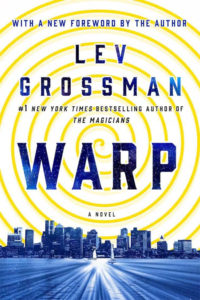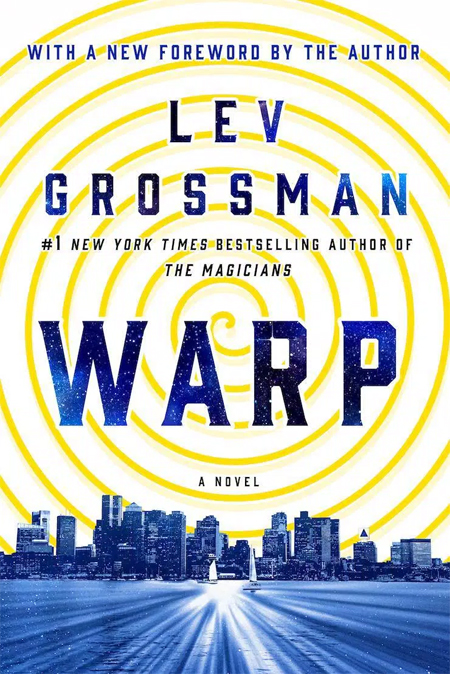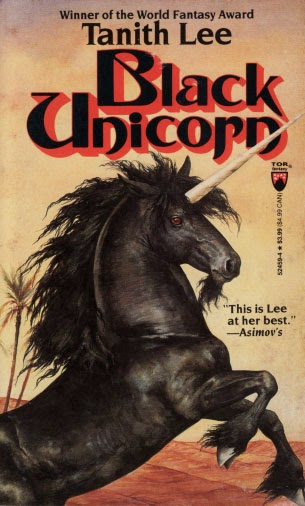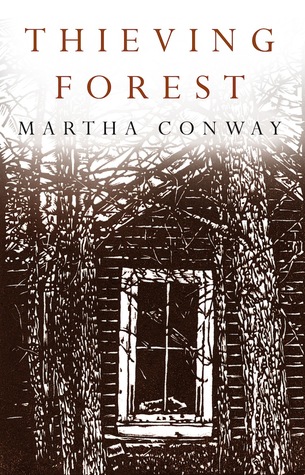
The long out-of-print first novel by bestselling author Lev Grossman is newly available again. The question is: should you read it? Let’s investigate.
Warp is short, less than 200 pages, and more a novella than a novel. The slim volume traces a few short days in the life of Hollis Kessler, a directionless 20-something who sleepwalks through his life daydreaming about Star Trek and fanciful works of literature. It’s a strange little beast of a book, one that not even the publishers seem entirely sure what to do with — the jacket copy makes much of both Grossman’s new introduction to the book and the fact that Hollis can be read as a sort of prototype for the character of Quentin Coldwater, the protagonist in Grossman’s bestselling series The Magicians, neither of which have much to do with Warp itself.
Of course, the Quentin comparison is unmissable and indeed is likely the reason that many of Grossman’s fans will be buying the book. Shades of The Magicians are present not only in the nerdy and aimless Hollis, but also in his friend Peters (who reminded me strongly of Eliot) and Grossman’s talent for writing witty, drunken dialogue. The haze of booze and the wayward energy of smart young people who haven’t gotten anything figured out yet has got Brakebills written all over it. For a fan, it is undeniably fascinating to see Grossman exploring themes and character types that will later emerge in The Magicians. But Warp is worth more consideration than as merely a precursor to Grossman’s later work.
In all fairness, I should begin by saying that I understand why this book went out of print — not that I dislike it, but I can understand why it never really found its audience. The “plot” is loose at best, consisting mainly of Hollis wandering around acting like a loser, completely miserable and self-absorbed, and his flights of fancy — brief extracts from works of literature or daydreams about being aboard the Enterprise — can be rather jarring and awkwardly interspersed. It’s also a book undeniably steeped in privilege: Hollis and his friends currently receive, or have received in the past, financial support from their parents and are graduates of Harvard. They’ve been given far more opportunities than most, and while their languishing in spite of their material and cultural advantages might be a kind of tragedy, it’s one we’ve read before. Plus, if you’re one of the many people in the world who is not as lucky as Hollis, it’s easy to resent him a bit for not being able to get his shit together.
To top it all off, it’s a very male story (like most novels of its type), with women barely making an appearance at all except as objects of love lost or lust-hoped-to-be-gained. As a female reader, I feel as though I’ve been sitting around a long time waiting for people to notice that I/we, too, are interesting, wayward, drunken, witty, and funny ne’er do wells, ripe for depiction in angsty coming-of-age fiction. One day, ladies. One day. But I digress; back to Warp.
Despite all that, it’s evident that Grossman has captured something essential about the despondency that settles over college graduates who don’t immediately get the hang of adulthood, and that makes as compelling reading today as it did when the book was initially published. Adding to the book’s charm is the fact that, though Warp was a contemporary novel when it was first published in 1997, twenty years later it has become a period piece, a portrait of a time that readers who are of an age with Hollis barely lived through. It ages well, the offhand details about floppy disks and Star Trek: The Next Generation serving to remind us of a time that somehow slipped away from us while we weren’t looking. Plus, the ’90s (weirdly) are super “in” right now, so that probably helps.
But it’s Grossman himself who correctly identifies the heart of the novel, writing in his introduction that Warp is most of all for people currently mired in a Hollis-like situation, and I’ll admit that I’m right there with him. I’ve watched friends launch their careers while I’m basically still figuring out how to tie my shoes; I’ve felt like a ghost when visiting my old college campus, hoping for familiarity and finding only strangeness; and I even live in the greater Boston area, which Grossman conjures with the accuracy of someone who was young there. In Warp I find that odd reassurance of seeing part of yourself on the page, a pat on the back letting you know that however awkward, depressing, and rather unattractive this stage of life is, it’s at least worthy of note. Someday, things are probably going to get better. Until then, there’s always scotch and a little bit of adventure.
A copy of this book was provided by the publisher for review.



